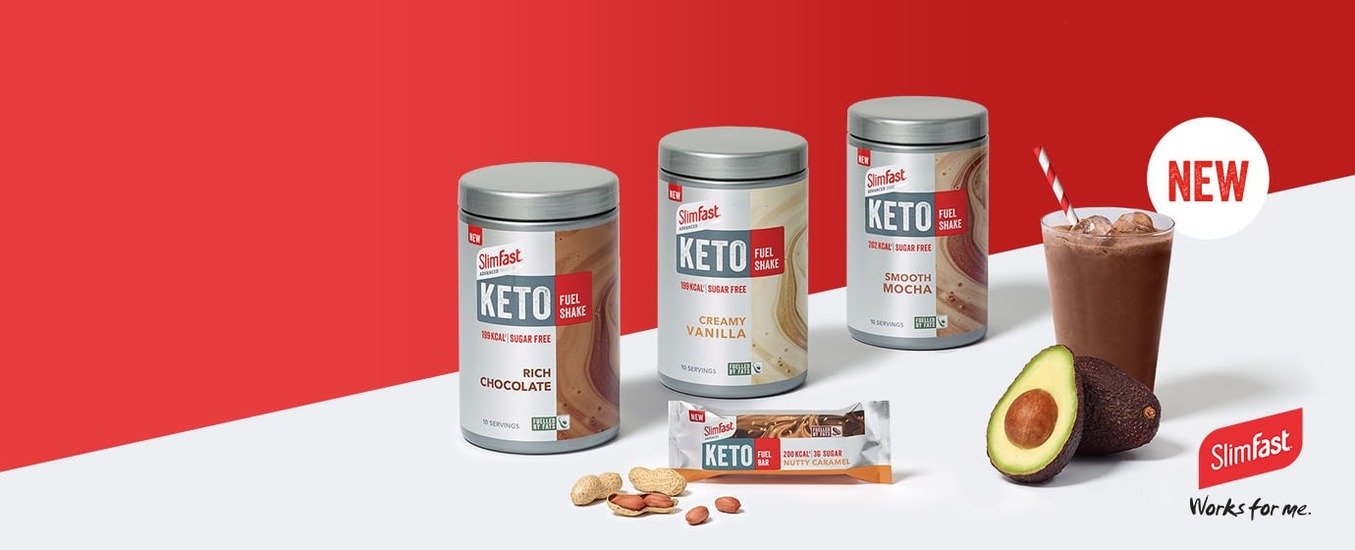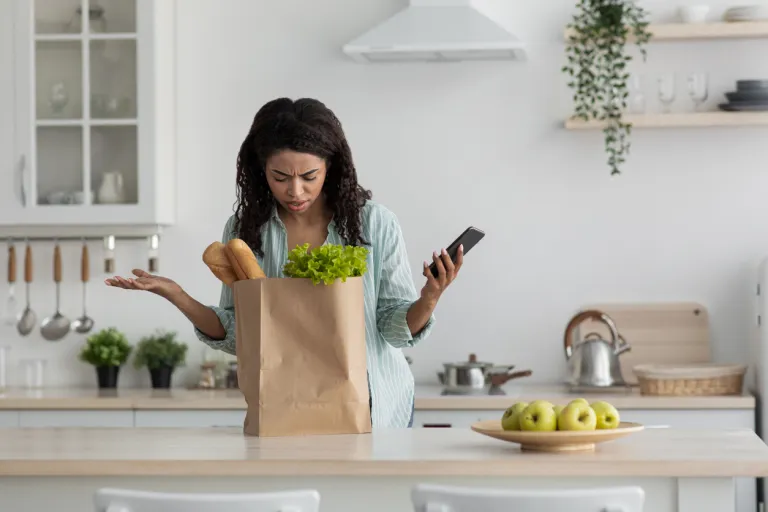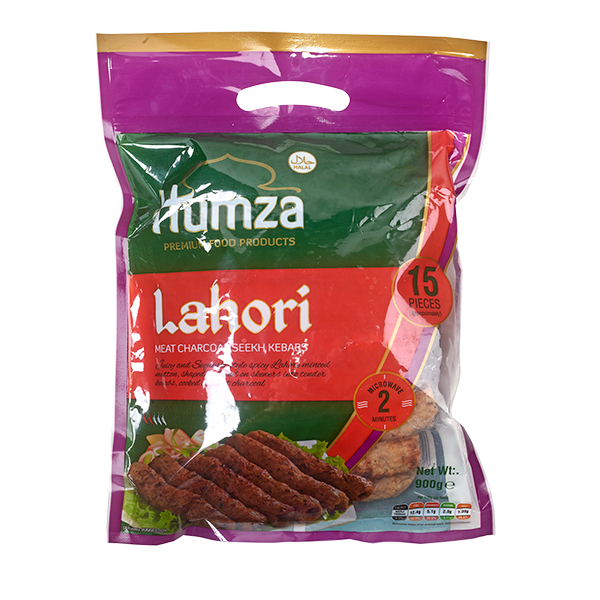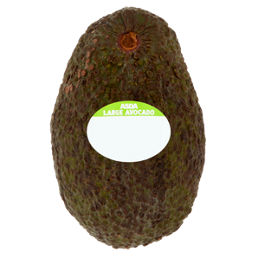Buying groceries is an easy chore that everyone should handle without trouble. With a growing global consciousness of healthy living, many people are making dietary lifestyle changes and choices, for example, Keto diet. When you start a Keto diet, it would therefore be best to avoid costly beginner’s mistakes and ensure everything you place your money on is worth it.
There are various mistakes beginners make when buying groceries for their Keto diet. In this post, we put together some of these mistakes and share our recommended tips on avoiding them.
6 Great Tips for Shopping for a Household with Multiple Food Preferences

1. Buying Highly Processed Foods
It is common to buy highly processed foods in many leading retail and online stores with or without your knowledge. These are potentially unhealthy to use when on a Keto diet.
Fortunately, there are a few tips to avoid purchasing such foods that lead to poor health. They are:
Go For Whole Food
Whole food contains a single ingredient. These include seafood, meat, oils, butter, fruit, vegetables, and nuts. Foods in a single ingredient form are the basis of the Keto diet, and some are the most delicious choices.
Limit the Usage of Packaged Food
Most packaged food products are largely ultra-processed and contain ingredients such as sugar and starch in huge proportions. Limit yourself to a Keto diet by choosing the products without any carbohydrates by sticking to one food ingredient.
Look for Minimally-Processed Foods
Although most grocery foods are excessively processed, there are some that you can trust. Consider the ingredients labelling on these foods. Some of the great choices you can make are meat, eggs, and fish. Any slightly processed foods are okay for your Keto diet. Ensure you choose meals with no sugar content and always double-check the ingredients list to be sure if the carb content and additives are within a good threshold.
2. Buying Food with Many Carbs
The Keto diet requires you to use a maximum of 20 grams of net carbs per day. Any amount higher than this is unhealthy and impacts your intended diet outcomes.
Since many foods in the grocery store tend to contain carbs, you may end up with a bunch of them in your house without your knowledge. Here is how you can prevent that.
Avoid Carb Creep
Carbs tend to add up, and it would help to avoid stocking up on high-carb vegetables. There are various top choices to use, such as leafy greens, avocado, and zucchini. Also, look out for tasty alternatives such as broccoli, green beans, cauliflower, and brussels sprouts with a few more carbs.
Reduce Fruit Intake
When on the Keto diet, you need to avoid buying any fruit. There are a few exceptions, but all fruits tend to have high amounts of carbs. For these reasons, low-sugar fruits such as avocados and tomatoes fall into one category as vegetables and better fit your diet.
Calculate Net Carbs
You can be sure of the amounts of carbs you are taking by calculating the food’s net carbs before purchasing it.
3. Getting Foods with Unhealthy Ingredients
Packaged foods contain an ingredient list of what the user will get. Ingredients vary, and sometimes they are added without customer knowledge. The potentially unhealthy ingredients in packaged foods include sugar, grains, and sweeteners. Others include trans fats and highly processed vegetable oils.
Keep off Sugar
Avoid any foods with sugar, syrup, mal, or cane products as much as possible. Also, keep off natural sugary ingredients like honey, dried fruit, and fruit juice.
Avoid Grains
In your list of what to avoid, add any grains. Most of the starch comes from grains, whether wheat or corn. Also, stay away from any altered and industrially extracted fats. They all add up.
Look Out For Artificial Sweeteners and Chemicals
There are a variety of low-carb sweeteners that can potentially halt the process of weight loss. They also trigger cravings for sweets. You can eliminate them from the Keto diet to help you banish any sugar cravings until you reach your health goals.
Not on a Keto diet? You can also avoid these common food triggers for those suffering from Celiac.
Way Forward
Online grocery sites don’t cater well to people who shop with dietary restrictions or preferences. Tedious reading of individual ingredients list of products and poor recommendations leaves consumers tired, frustrated, and stuck with what they are used to. Foodlama helps you easily discover what you or your household can or can’t have at your favorite grocers and makes the best substitute recommendations for what you cannot have. Click here to learn more about foodlama.



















